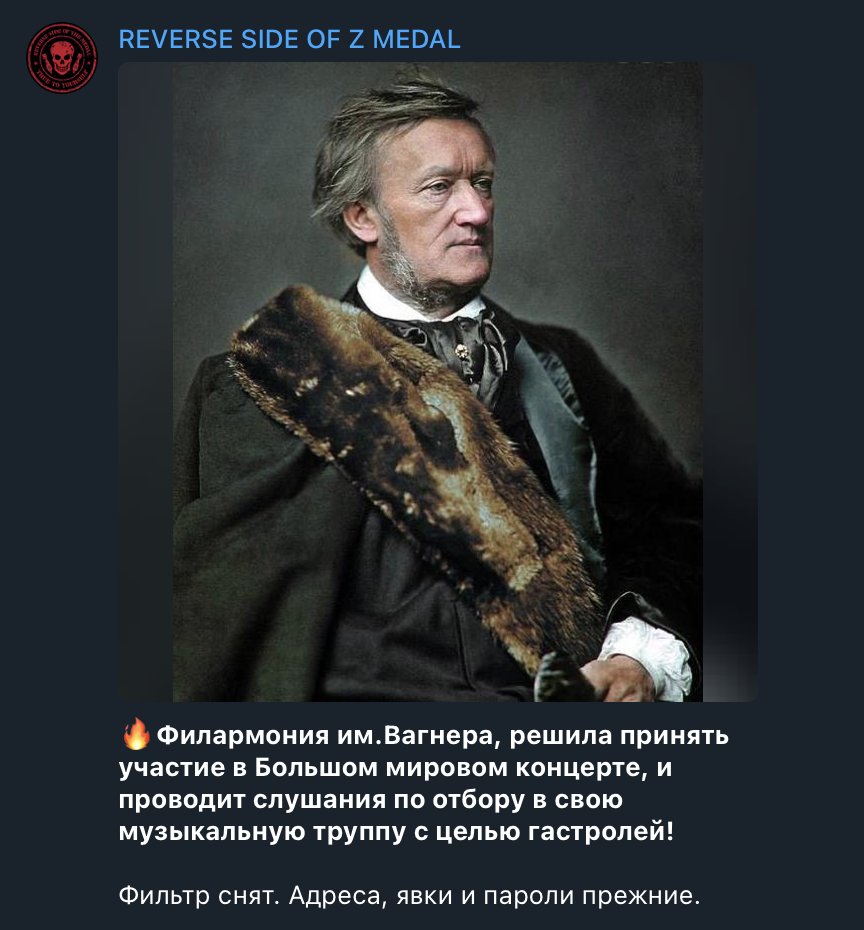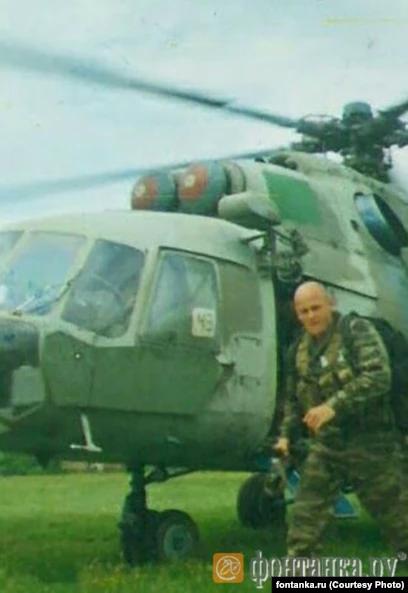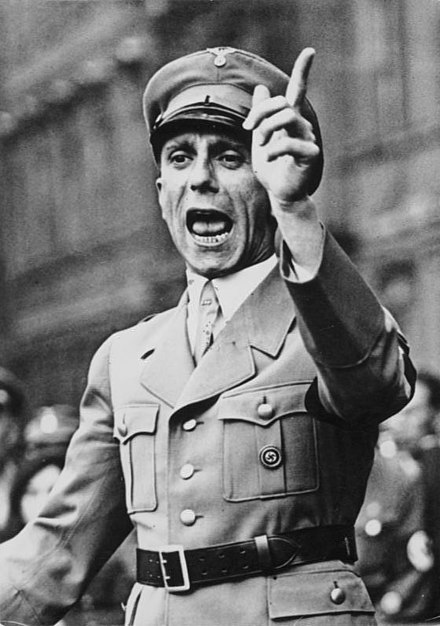
1. Russia’s invasion of Ukraine violates laws and norms that the international community built & reinforced over decades.
A 🧵 on evidence of Russian possible violations of int'l laws & norms and implications for the new global order that will emerge from the #Ukraine conflict:
A 🧵 on evidence of Russian possible violations of int'l laws & norms and implications for the new global order that will emerge from the #Ukraine conflict:
2. On Wednesday @columlynch of @ForeignPolicy noted that @POTUS is reviewing #USA policy on the International Criminal Court investigation into war crimes and atrocities stemming from the #RussiaUkraineWar. It’s tricky for the #WhiteHouse on many fronts. 

3. #Biden also stated yesterday that Putin is a war criminal.
https://twitter.com/ABC/status/1504176298779975681
4. American policy on the ICC has been historically fraught, but so has Russian policy. The Russian invasion only underscores the challenge for both Washington & Moscow since the Soviet collapse: Do laws & norms only matter when they provide strategic advantage over a rival? 

5. Neither #Russia nor #Ukraine is a party to the Rome Statute, but Ukraine has twice said that it accepts the jurisdiction of the ICC for crimes committed on its territory.
6. Ukraine's statements potentially open the door to prosecution of Russian officials accused of planning or ordering war crimes. lawfareblog.com/icc-investigat…
7. Let’s examine the crime of aggression charge. The Rome Statue defines it as the “planning, preparation, initiation or execution” by a person in charge of the State military of acts challenging the territorial integrity, sovereignty, and independence of a state.
8. Russian pre-positioning of troops, munitions, and surreptitious marking of civilian infrastructure inside #Ukraine in advance of the start of the #RussiaUkraineConflict on Feb. 24 could support claims of the crime of aggression. 

9. Example 1: #Russian deployment of #WagnerGroup forces into #Ukraine weeks ahead of the invasion, as we reported in January and @BBCArabic recently confirmed, challenges the territorial integrity of #Ukraine. 

10. Example 2: Surreptitious systematic tagging of civilian infrastructure by advanced Russian reconnaissance teams and local saboteurs as noted by @christogrozev & @Bellingcat seems to suggest a good deal of advance planning & breaches of territorial integrity. 

11. #Putin and his key advisers Sergey Shoigu and Valery Gerasimov seem to have put their heads together on developing a “rationale” that might pass muster with the #ICC. But evidence and time will be the determining factors–not #Kremlin rhetoric. 

12. As Daniel Rothenberg, Co-Director of ASU’s @Future_of_War, noted, Russia’s invasion is “a textbook example of the crime of aggression…one of the key charges in the convictions of the Nazi leadership at the Nuremberg Tribunal.” 

13. According to Rothenberg, a crime of aggression “has been called ‘the supreme international crime’ because...it upends the global order, potentially creating a cascade of abuses and a rapid escalation of violence that can be difficult, if not impossible to control.”
14. @rgoodlaw & @bechamilton of @just_security created a model of what an indictment of Putin for the crime of aggression might look like.
15. While their example names only Putin, @rgoodlaw notes that senior Russian officials who were key to the military operation could also be charged. justsecurity.org/80669/model-in…
16. But the crime of aggression is likely just one of the international statutes under which Russian officials could be charged. Evidence has emerged that, in Mariupol, Russia may have bombed a maternity hospital and a theater that Ukrainians say were sheltering civilians.
17. Human rights organizations have also documented the use of indiscriminate cluster munitions against residential areas in Kharkiv. hrw.org/news/2022/03/0…
18. Attacks like these could constitute crimes against humanity or war crimes. Both are codified in Articles 7 and 8 of the Rome Statute, which established the International Criminal Court. 

19. Prosecution can take years, however, and requires rigorous proof. That’s why journalists, activists, and NGOs are working around the clock to verify and preserve as much evidence as possible that is emerging from the war. That’s why #OSINT & digital forensics matters. 

• • •
Missing some Tweet in this thread? You can try to
force a refresh






